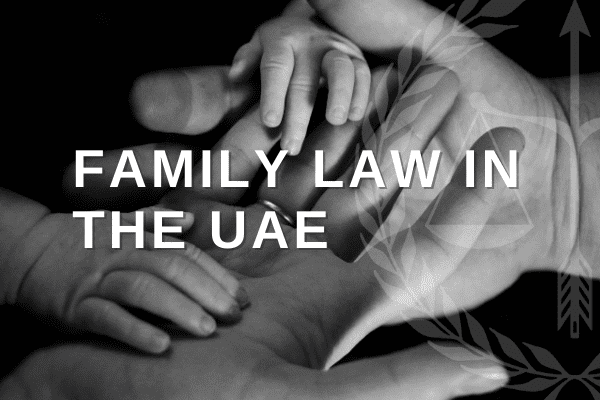Extradition Requirements in UAE

Extradition Requirements in UAE | Extradition Lawyers in Dubai
Extradition is the process of handing over the person to a country where he or she was involved in an illegal activity.
In order for a person to extradited from one country to another, the act the person is accused of must be considered a crime both in the country requesting the extradition and in the country the accused is in currently.
The process involves signing an agreement between the countries for the person to be extradited. This is done via Interpol by issuing what is known as a ‘Red Notice’. A common misconception is that Interpol track down and arrest individual but, this is not the case. If a red notice has been issues, the accused can be detained pending an extradition application. Only once the extradition application has been approved can a person be sent to the country that made the request.
Clearly the issue of a red notice via Interpol can only be for crimes of a serious nature including fraud and counterfeit. There have been cases publicized even last year where red notices were requested illegally. UAE Banks, for example, cannot legitimately request a red notice to a European country for a bounced cheque. This is because bouncing a cheque is not considered a crime in Europe. Incidents were reported where the requesting bank illegally changed the crime from ‘bouncing a cheque’ to ‘fraud’. Although the accused were arrested, they were not extradited as it was demonstrated during the extradition application that the request was not valid.






